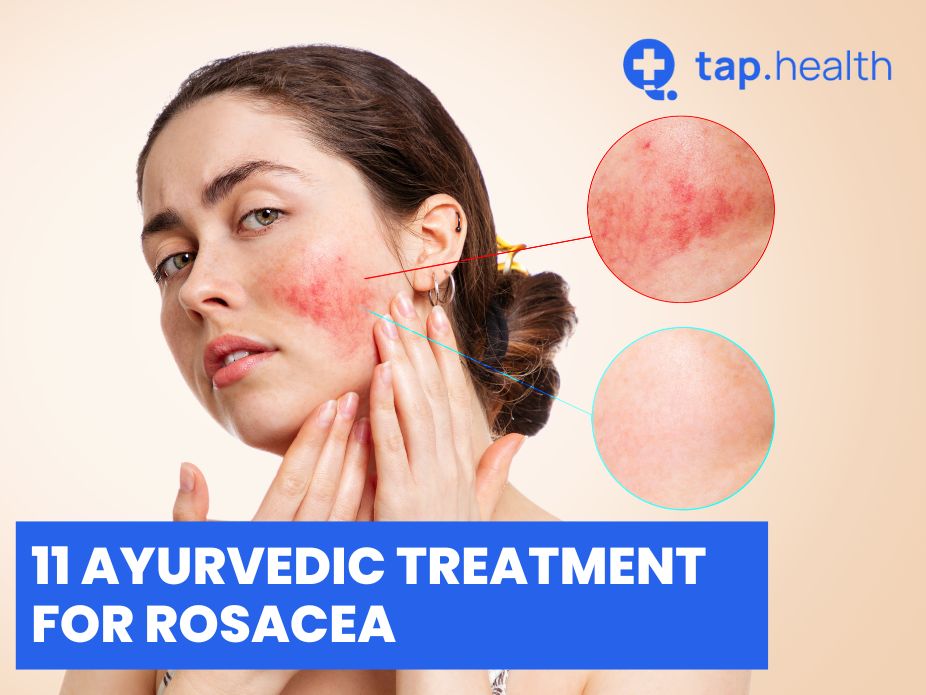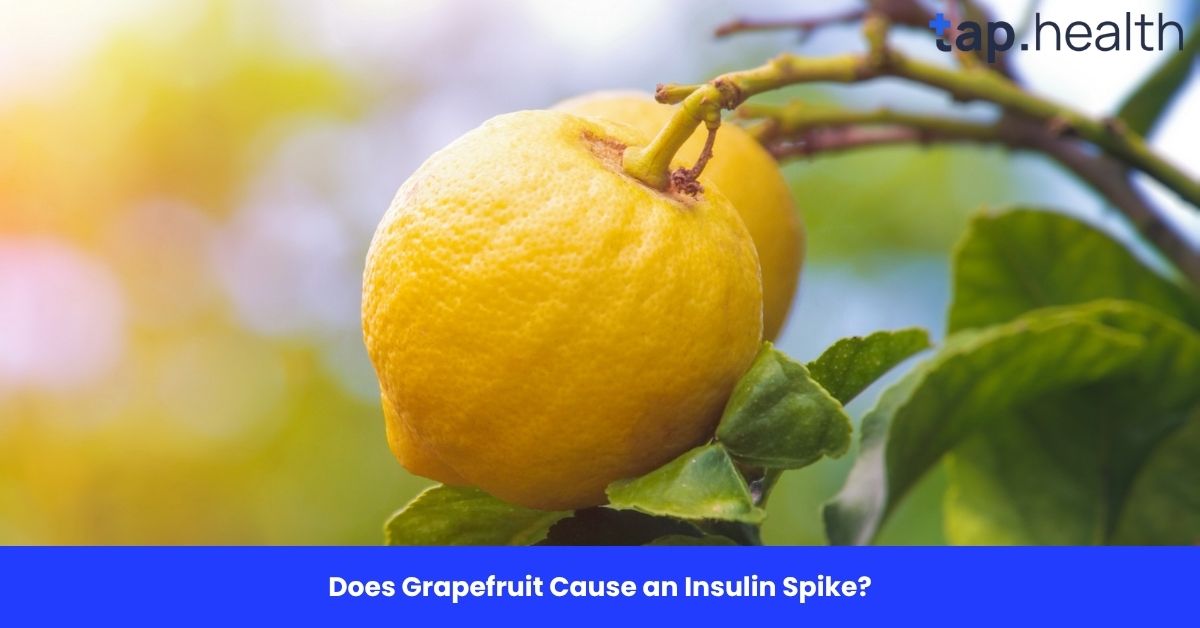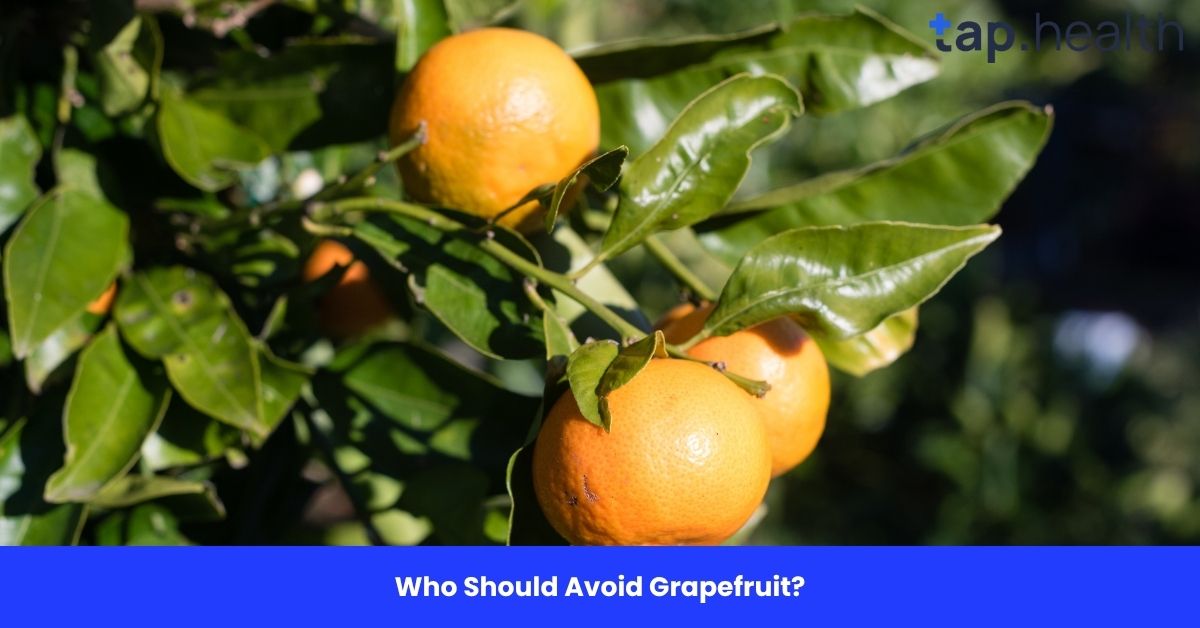What is Rosacea?
Rosacea is a chronic skin condition primarily affecting the face. It is characterized by redness, visible blood vessels, and sometimes pimples. This condition often manifests in cycles, with periods of exacerbation followed by remission. The symptoms and signs of rosacea include:
Facial Redness
Persistent redness in the central part of your face. Small blood vessels on your nose and cheeks often swell and become visible.
Swollen Red Bumps
Many people with rosacea also develop pimples on their faces that resemble acne. These bumps sometimes contain pus.
Visible Blood Vessels
Small blood vessels on your nose and cheeks often swell and become visible.
Eye Problems
About half the people with rosacea also experience eye dryness, irritation, and swollen, reddened eyelids.
Thickened Skin
Over time, rosacea can thicken the skin on the nose, causing the nose to appear bulbous (more common in men than in women).
Causes of Rosacea
The exact cause of rosacea remains unknown, but several factors are believed to contribute to its development:
Genetic Predisposition
Rosacea tends to run in families, suggesting a genetic link.
Immune System Abnormalities
An overactive immune response that leads to inflammation.
Environmental Factors
Exposure to sunlight, wind, and extreme temperatures can trigger or exacerbate rosacea.
Microorganisms
Demodex mites, which are often found in higher numbers on the skin of those with rosacea, and the bacterium Helicobacter pylori have been linked to the condition.
Triggers
Specific triggers such as spicy foods, hot drinks, alcohol, temperature extremes, stress, and certain cosmetics can worsen rosacea symptoms.
What is Ayurveda?
Ayurveda, an ancient Indian system of medicine, emphasizes holistic health and balance between the body, mind, and spirit. It is rooted in the principles of three doshas: Vata, Pitta, and Kapha, which are bio-energetic forces that govern physical and mental processes. Each individual has a unique constitution or “Prakriti,” which is a combination of these doshas.
Ayurvedic Perspective on Health
In Ayurveda, disease is viewed as an imbalance in the body’s doshas. Treatment involves restoring this balance through personalized approaches that consider an individual’s constitution, lifestyle, diet, and mental state. Ayurveda focuses on prevention and the maintenance of health through close attention to balance in one’s life, right thinking, diet, lifestyle, and the use of herbs.
11 Ayurvedic Treatments For Rosacea
In Ayurveda, rosacea is primarily seen as a Pitta disorder due to its inflammatory nature. However, other doshas may also be involved. The rosacea treatment in Ayurveda aims to pacify aggravated doshas, eliminate toxins (Ama), and promote overall skin health.
Ayurvedic Herbs and Treatments
Ayurveda offers a multitude of herbs and treatments to address the root causes of rosacea and provide relief from its symptoms.
Herbs
1. Neem (Azadirachta indica)
Neem is celebrated for its anti-inflammatory and antimicrobial properties. It is effective in reducing the redness and swelling associated with rosacea.
Usage: Apply neem paste topically by grinding fresh neem leaves into a paste or using neem powder mixed with water. Also, drinking neem-infused water can help detoxify the body.
2. Turmeric (Curcuma longa)
Turmeric contains curcumin, which has powerful anti-inflammatory and antioxidant properties.
Usage: Mix turmeric powder with water or milk to form a paste and apply to affected areas. Turmeric can also be consumed internally in the form of turmeric tea or added to food.
3. Aloe Vera (Aloe barbadensis)
Aloe vera is known for its soothing and hydrating properties, making it ideal for sensitive skin affected by rosacea.
Usage: Apply fresh aloe vera gel directly to the skin. This can be done twice daily for best results.
4. Manjistha (Rubia cordifolia)
Manjistha is a potent detoxifier and anti-inflammatory herb that helps cleanse the blood and reduce skin inflammation.
Usage: Take manjistha powder with warm water internally or mix it into a paste for topical application on the skin.
5. Ginger (Zingiber officinale)
Ginger has anti-inflammatory properties that can help reduce inflammation associated with rosacea.
Usage: Consume ginger tea daily, or use ginger-infused oils for massage.
Oils
1. Coconut Oil
Coconut oil is moisturizing and has antimicrobial properties that can help soothe and protect the skin.
Usage: Apply cold-pressed coconut oil to the skin after cleansing. It can be used as an overnight treatment.
2. Sandalwood Oil
Sandalwood oil has cooling and soothing properties that can help calm inflamed skin.
Usage: Mix sandalwood oil with a carrier oil such as almond oil and apply to the affected areas.
3. Jojoba Oil
Jojoba oil is similar to the natural sebum produced by the skin and helps in balancing sebum production without clogging pores.
Usage: Use jojoba oil as a moisturizer twice daily.
Treatments
1. Abhyanga (Oil Massage)
Abhyanga is a traditional Ayurvedic oil massage that balances the doshas and improves circulation.
Instructions: Warm the oil (e.g., coconut or sesame) and massage gently onto the skin in circular motions. Leave the oil on for about 30 minutes before washing off with lukewarm water. This can be done 2-3 times per week.
2. Facial Steam with Herbs
Herbal steam opens pores, allowing impurities to be expelled and detoxifying the skin.
Instructions: Boil water with neem leaves, turmeric, and basil. Allow steam to rise and cover your face with a towel to absorb the steam. Do this for about 10 minutes once a week.
3. Herbal Face Packs
Herbal face packs can soothe and heal the skin, reducing inflammation and irritation.
Instructions: Mix sandalwood powder, turmeric, and rose water to form a paste. Apply to the face and leave it for 15-20 minutes before rinsing off with lukewarm water. Use this pack once or twice a week.
Identifying Underlying Causes
The Ayurvedic approach emphasizes addressing the root causes of rosacea rather than just treating the symptoms. Practitioners assess various aspects of a patient’s life, including:
Lifestyle: Stress levels, sleeping patterns, exercise routines, and daily habits.
Diet: Dietary preferences and habits that may aggravate or pacify the doshas.
Mental State: Emotional well-being and how stress and emotions affect physical health.
Environmental Factors: Exposure to triggers such as sun, wind, and harsh weather conditions.
By understanding and addressing these underlying factors, Ayurvedic treatments aim for long-term relief and overall balance.
Lifestyle and Dietary Tips
Ayurveda places significant emphasis on lifestyle and dietary changes to support the healing process. Here are some tips to complement the Ayurvedic treatment of rosacea:
Lifestyle Changes
Avoid Triggers: Identify and avoid personal triggers that exacerbate rosacea symptoms. Common triggers include spicy foods, hot beverages, alcohol, extreme temperatures, and stress.
Stress Management: Practice stress-reducing techniques such as yoga, meditation, and deep-breathing exercises. These practices help calm the mind and reduce overall inflammation.
Proper Skincare: Use gentle, natural skincare products that do not irritate the skin. Avoid harsh chemicals, fragrances, and abrasive scrubs.
Sun Protection: Protect your skin from sun exposure by wearing broad-spectrum sunscreen, wide-brimmed hats, and seeking shade whenever possible.
Dietary Modifications
Cooling Foods: Include cooling foods in your diet, such as cucumbers, melons, leafy greens, and dairy products like milk and yogurt. These foods help pacify the Pitta dosha.
Hydration: Drink plenty of water and herbal teas to stay hydrated. Staying well-hydrated helps flush out toxins and keep the skin healthy.
Avoid Pitta-Aggravating Foods: Reduce intake of spicy, sour, and fried foods, as well as caffeinated beverages and alcohol. These can aggravate the Pitta dosha and worsen rosacea symptoms.
Balanced Diet: Follow a balanced diet rich in fruits, vegetables, whole grains, and lean proteins. Eating a variety of nutrient-dense foods supports overall health and well-being.
FAQ on Ayurvedic Treatment For Rosacea
1. How long does it take to see results with Ayurvedic treatments?
Results can vary depending on the individual’s constitution, the severity of rosacea, and adherence to the treatment plan. Some individuals may see improvements within a few weeks, while others may take longer. Consistency and patience are key to achieving lasting results.
2. Are Ayurvedic treatments safe for all skin types?
Most Ayurvedic treatments are gentle and natural, making them suitable for various skin types. However, it is advisable to consult an Ayurvedic practitioner for personalized advice, especially if you have sensitive skin or any known allergies.
3. Can Ayurveda completely cure rosacea?
Ayurveda focuses on holistic treatment and long-term management rather than quick fixes. While it may not completely cure rosacea, it can significantly reduce symptoms, improve overall skin health, and prevent flare-ups.
4. Can I use Ayurvedic treatments alongside conventional medications?
Yes, Ayurvedic treatments can complement conventional medications. However, it’s important to consult both your healthcare provider and an Ayurvedic practitioner to ensure there are no adverse interactions between treatments. Integration of both approaches can sometimes provide a balanced and comprehensive treatment plan.
5. What lifestyle changes should I adopt to manage rosacea effectively?
Adopting specific lifestyle changes can significantly improve rosacea symptoms:
- Stress Management: Engage in regular stress-reducing activities such as yoga, meditation, and mindfulness practices.
- Gentle Skincare Routine: Use natural, non-irritating skincare products and avoid harsh chemicals and exfoliants.
- Sun Protection: Regularly use broad-spectrum sunscreen and wear protective clothing when outdoors.
- Consistent Sleep Schedule: Aim for 7-8 hours of quality sleep each night to help your body repair and rejuvenate.
6. Are there any side effects of Ayurvedic herbs and treatments?
Ayurvedic herbs and treatments are generally safe when used correctly. However, individual reactions can vary. It is essential to follow recommended dosages and consult with an Ayurvedic practitioner, especially if you have any preexisting conditions or allergies. Always perform a patch test when trying a new topical treatment to ensure there are no adverse reactions.
7. How does Ayurveda view the connection between diet and skin health?
Ayurveda places significant emphasis on the connection between diet and overall health, including skin health. According to Ayurvedic principles, the food we consume directly influences our internal balance and wellbeing. A diet that pacifies the aggravated dosha (in the case of rosacea, primarily Pitta) can help reduce inflammation and promote clear, healthy skin.
8. Can lifestyle habits really affect my rosacea symptoms?
Absolutely. Lifestyle habits play a crucial role in managing rosacea. Factors such as stress levels, exposure to sunlight, diet, and skincare routines can either exacerbate or alleviate symptoms. By making mindful lifestyle adjustments, you can significantly reduce the frequency and severity of rosacea flare-ups.
9. Are there any Ayurvedic practices for long-term maintenance of clear skin?
For long-term maintenance of clear and healthy skin, Ayurveda recommends several practices:
- Daily Abhyanga: Regular oil massage helps maintain skin hydration and balance.
- Detoxification: Periodic detoxification through Panchakarma can help cleanse the body of toxins.
- Herbs and Supplements: Regular intake of herbs like neem, turmeric, and manjistha can support skin health.
- Balanced Diet: Maintaining a balanced diet that suits your dosha type and avoiding foods that trigger your symptoms.
- Routine Exercise: Regular physical activity helps improve circulation and reduce stress.
Take-Home Points
Rosacea can be a challenging condition to manage, but adopting Ayurvedic practices can offer a gentle, holistic approach to treatment. By understanding the principles of Ayurveda and incorporating its treatments, herbs, and lifestyle changes into your routine, you can address not just the symptoms but also the underlying causes of rosacea. This comprehensive approach promotes overall well-being and long-term skin health.
Remember, consistency is key in Ayurveda. Regular practice of these methods, along with patience, will yield the best results. Consulting with an experienced Ayurvedic practitioner can also provide personalized guidance tailored to your individual needs, ensuring a more effective treatment plan.
Embarking on this Ayurvedic journey towards managing rosacea can lead to a balanced, healthier life, where your skin reflects your inner harmony.
References
Recent Advances in the Management of Rosacea through Natural Compounds



